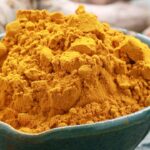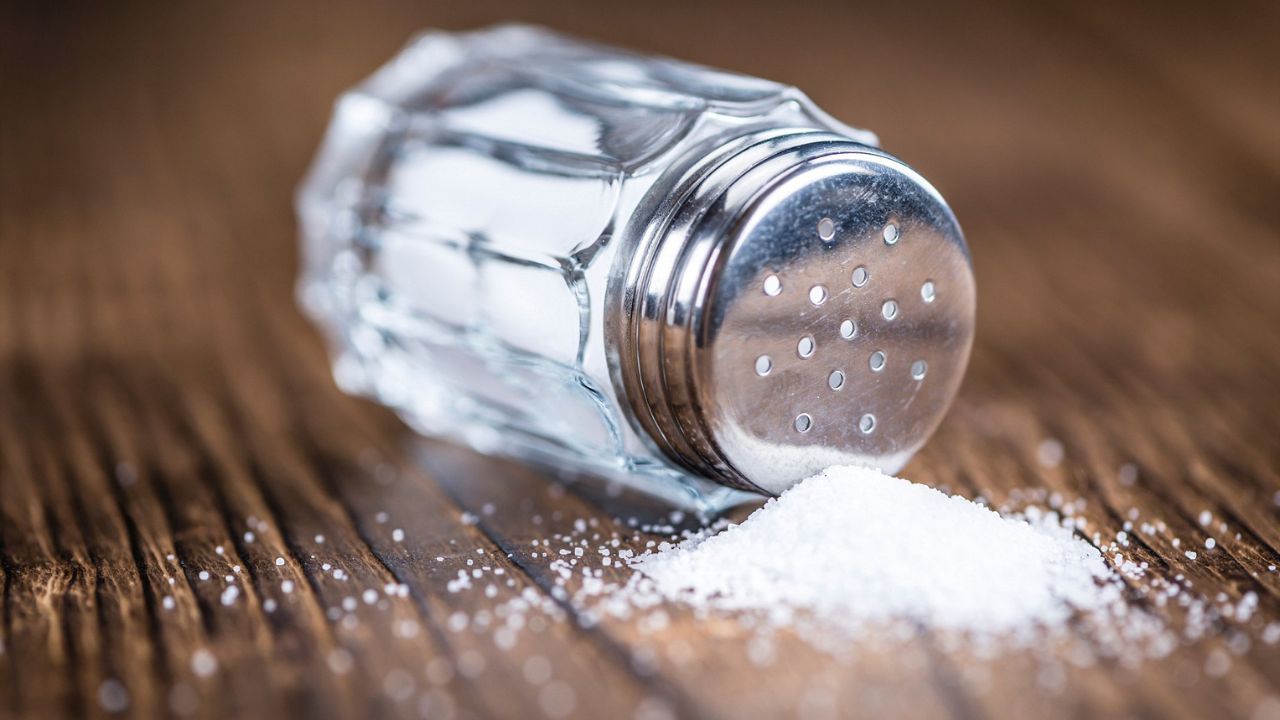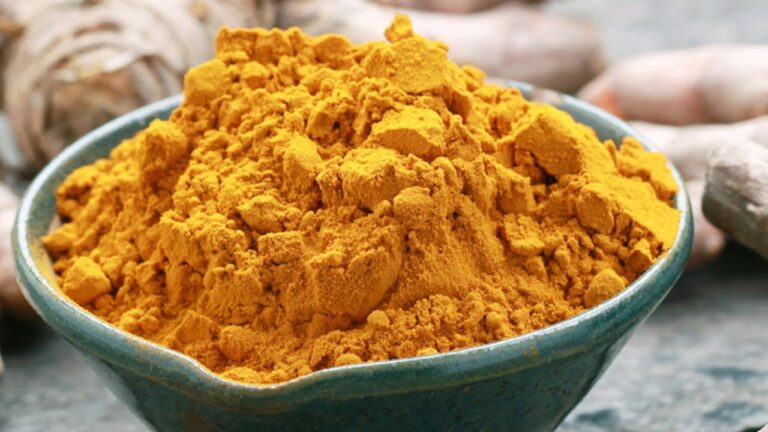The weighty matter of obesity has indeed become a global concern, with indulgent diets and stationary lifestyles playing the lead roles. Amidst all this, humble salt has, rather unjustly, been thrust into the spotlight, with many pointing fingers at it for those extra kilos. Let’s set the record straight, shall we? It’s high time we stop vilifying salt for the sins of sugar. Whilst a diet heavy on sugar can be your waistline’s worst enemy, salt, dear readers, isn’t quite the prime culprit.
Salt is so much more than just a sprinkle atop our dishes. It’s pivotal in maintaining our body’s electrolyte balance, supporting myriad crucial functions. Can you imagine? A dip below the standard sodium range in our blood, which is between 135 to 145 mEq/L, can have dire consequences, from dizziness to, in extreme cases, a coma.
But before you reach for that salt shaker with reckless abandon, a word of caution: moderation is key. Overdo it, and you risk hypertension, kidney issues, dehydration, and heart concerns. Overindulgence in salt can cause the body to hold on to excess water, leading to an inflated number on the scales thanks to water retention. Should you reduce salt, your body releases this extra water, causing a temporary weight dip – but mind you, it’s not true fat loss.
The Salient Role of Salt: A Balanced Perspective
Why Is Salt So Vital?
Salt, known scientifically as sodium chloride (NaCl), isn’t just for seasoning our chips. This seemingly simple compound plays a crucial role in our body’s daily functions. It’s instrumental in nerve and muscle operations, ensuring that our brain can transmit electric signals and our nerves can send impulses correctly. Moreover, for those of us sprinkling iodised salt over our dishes, we’re also giving our body a boost of iodine. This trace mineral is essential for our thyroid gland, enabling it to churn out hormones that keep our metabolism and other bodily functions ticking along nicely. However, it’s vital to remember the adage: ‘Too much of a good thing can be bad’. While salt is undeniably important, we don’t need vast amounts to keep our systems running smoothly. The US Dietary guidelines suggest a daily intake of about 2300 mg or roughly a teaspoon. Surprisingly, many of us are consuming far more, primarily due to hidden salts in processed foods.
So, What’s the Deal with Salt and Weight Loss?
We touched upon this earlier, but let’s delve a bit deeper. Like all things in life, balance is key, and the same applies to salt. Excess salt consumption can lead to our body clinging onto additional fluids, which can be seen as a surge in weight on our scales. So when you decide to go easy on the salt, the body starts releasing this stored fluid, leading to a noticeable reduction in weight. Plus, easing up on salt can also bid farewell to that uncomfortable bloating many of us experience.
When Thirst Masquerades as Hunger:
It’s a curious quirk of our bodies: sometimes, we mix up thirst with hunger. Picture this: you’ve munched on something salty and suddenly you’re hankering for more, mistaking your body’s plea for hydration as a call for another snack. Case in point: an intriguing study on astronauts showcased that those on a high-salt diet felt hungrier, guzzled less water and grazed on more grub. Conversely, when their salt consumption dropped, their appetites returned to baseline. Like sugar, salt can tantalisingly enhance the taste of our meals, potentially driving us to overeat.
The Processed Food Predicament:
If you’re keen on kickstarting real fat-burning, turning your back on processed foods is a game-changing move. Culprits like soy sauce, tomato ketchup, instant noodles, and, sadly, our beloved pizzas, are rife with sodium. These everyday items, alongside others like fast foods, pickles, and certain dressings, not only add unnecessary salt to our diets but often come laden with empty calories, pushing the scales in the wrong direction.
The silver lining? Steering clear of such sodium-laden foods not only reduces your salt intake but also cuts out added sugars, refined carbs, and preservatives. It makes room for nutrient-rich whole foods, carving a path towards significant weight loss.
The Bottom Line on Salt and Weight:
While slashing salt from your diet might not be the magic bullet for burning fat, it certainly helps in shedding water weight, banishing bloat, and reining in any overeating tendencies. Plus, let’s not forget the health implications: too much sodium can escalate blood pressure and elevate the risks of kidney issues and strokes. And whether you’re shaking out table salt, Himalayan pink salt, or any other fancy variety, moderation remains the mantra.
For those with weight loss goals, focusing on a calorie deficit, prioritising nutrient-packed foods, and eating just the right amount is the golden trio. After all, it’s about nurturing our bodies while achieving our desired weight.
























+ There are no comments
Add yours